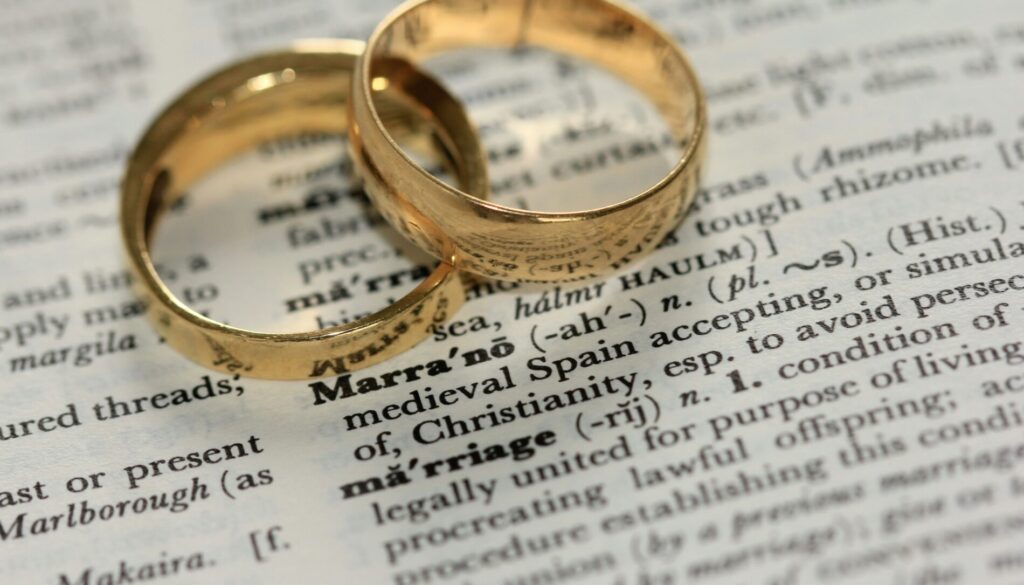Predatory Marriage and Wills
Currently there is no legal definition of predatory marriage, it is however usually defined when a person marries another, usually older, to receive inheritance or any other benefit.
With predatory marriages many of them take place in secret and therefore the family members only find out once the victim has died. This makes it difficult for family members to protect vulnerable members as they are not always aware of what is happening.
Who is at risk?
- Older people with property and wealth
- People with life limiting illnesses
- People needing support and care
- People experiencing cognitive decline e.g. dementia
- Elderly vulnerable people
Examples of care and control of victims could include the victim being isolated from family, the victim changing GP, solicitors or churches, finances being controlled, appointments with professionals being controlled not by the victim.
Marriage and Wills
Currently marriage revokes any previously made Will. There is currently a proposal to remove this rule that a marriage or civil partnership revokes a Will. This could potentially remove incentive for someone who wants to marry for inheritance reasons.
The Law Society has undertaken a review of the Wills Act 1837. One of the findings was that there is a need for further action to prevent the exploitation of vulnerable people with the marriage and wills process. The Law Society survey found that 42% of Solicitors agreed the law should be changed to stop marriage automatically revoking a Will.
As professionals it is easy to not see that someone is a victim of predatory marriage as it may seem that they are being cared for and not controlled, especially if it seems the victim is the one making the decisions. The Law Society has published some guidance in relation to vulnerable clients that is helpful for practitioners dealing with vulnerable clients regularly:
https://www.lawsociety.org.uk/topics/client-care/meeting-the-needs-of-vulnerable-clients
It is everyone’s responsibility to make sure vulnerable clients are identified and assisted as needed. As legal professionals we must satisfy ourselves that our Client has full capacity to give instructions and are acting within their own wishes.
If you wish to talk to a member of our Private Client regarding any queries, please call the office on 01270 611106.
This article is not intended to be comprehensive or to provide specific legal advice. It should not be relied upon in the absence of specific advice given in relation to particular circumstances.




